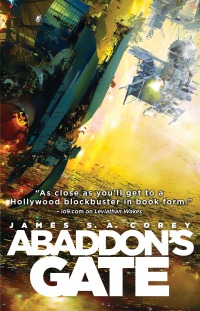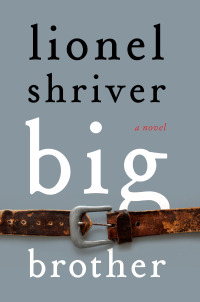Original Skin by David Mark
 Saturday, June 8, 2013 at 7:10AM
Saturday, June 8, 2013 at 7:10AM 
Published by Blue Rider Press on May 16, 2013
Like the first novel featuring Detective Sergeant Aector McAvoy, Original Skin tells a story that is more interesting than suspenseful. Its focus is on the political ramifications of crime and on the relationships that continue to develop among the series' characters. This isn't a novel of shootouts and chase scenes, although enough action and humor are mixed into the story to keep it from becoming dry.
Suzie is into anonymous hook-ups (formerly known as swinging) and uses a website to find them. Her best friend, a gay man named Simon Appleyard, does the same. After Simon dies, having apparently hung himself, repeated attempts are made on Suzie's life. McAvoy gets involved after he finds a cell phone in a stream, brings it home, dries it out, and discovers it belonged to Simon. The methodical McAvoy follows a rare hunch and comes to believe that Simon was murdered. His investigation leads him to a number of political figures who, like Suzie, have been playing sordid games. The story turns into a whodunit with all the plot twists, distractions, and red herrings that keep a reader guessing about the killer's identity. It's a bit convoluted but not outrageously so. The mystery isn't captivating -- its resolution has an anticlimactic feel -- but it held my attention.
That plotline develops alongside another as a relatively benign Vietnamese gang that has controlled Hull's cannabis supply is being muscled out by a more violent group of criminals. McAvoy's boss, Trish Pharaoh, is attacked by dogs and singed by a petrol bomb as she tries to get a handle on the situation. McAvoy, in the meantime, finds himself challenged to a bare-knuckle brawl in the name of honor. The plot thread involving the gangsters is largely used for character development, although it has some entertaining moments.
The characters are actually better than the story they inhabit. Aector is a good man who wants people to be good to each other. He doesn't care about arrest statistics or office politics. He's embarrassed, even angered, when his colleagues disparage people because of their ancestry. He's even more embarrassed when the topic turns to sex -- particularly the kinkier versions that he encounters during the course of the story. He's devoted to his wife and blushes with shame when he finds himself thinking, even momentarily, about another woman's body. His Old World prudishness is charming, but it's his essential decency that makes him such a likable character. Secondary characters are taking shape (particularly Aector's wife, who comes from a dubious background, and Pharaoh, who has a knack for making Aector uncomfortable); I expect they'll continue to be fleshed out in future installments.
Sensitive readers should know that the narrative describes scenes of torture. They aren't gratuitous or overly graphic, but some might find them disturbing. There are also some discussions of sex clubs and related diversions that didn't strike me as graphic at all, but the strong sexual content might offend some readers.
RECOMMENDED
 TChris |
TChris |  Post a Comment |
Post a Comment |  David Mark,
David Mark,  RRecent Release in
RRecent Release in  Thriller
Thriller 

